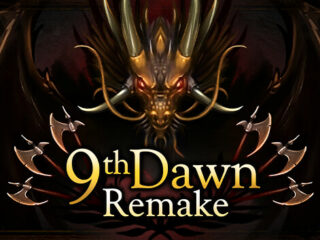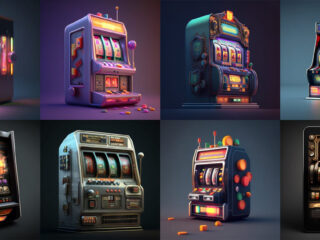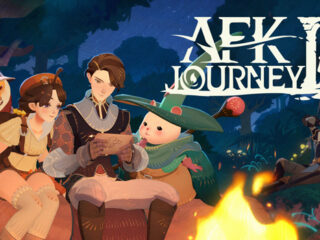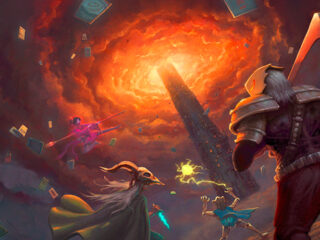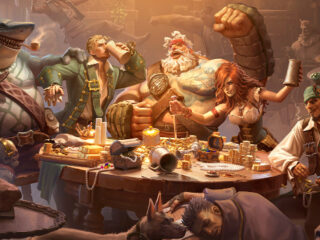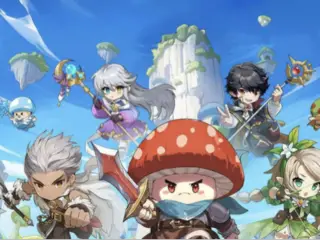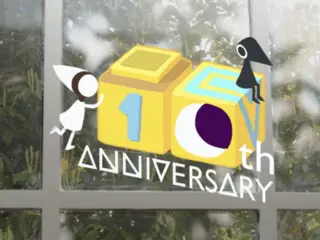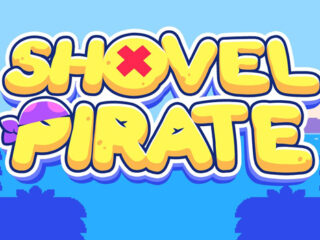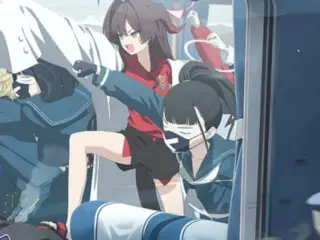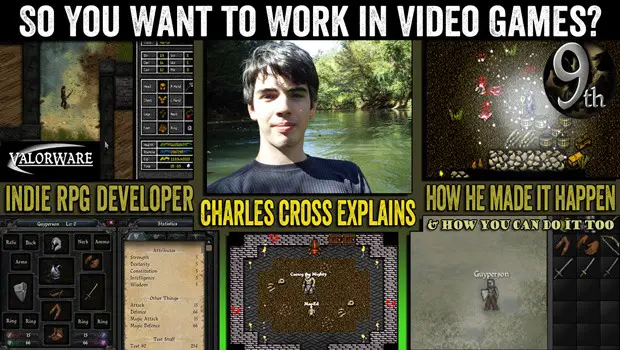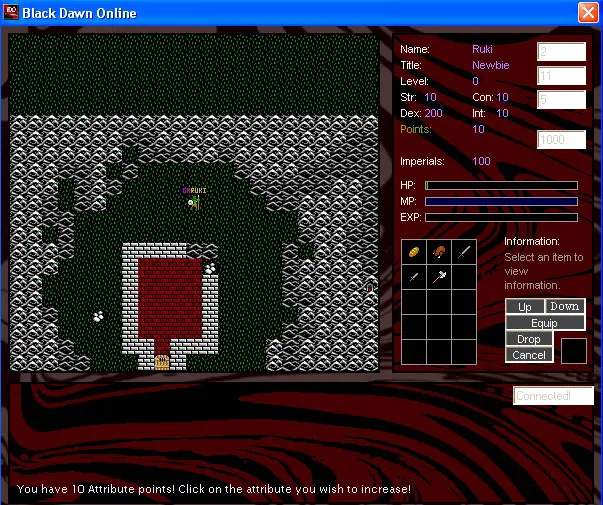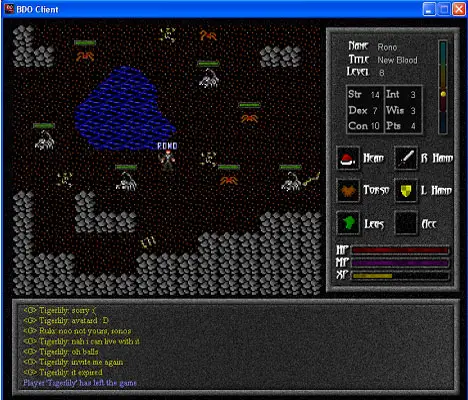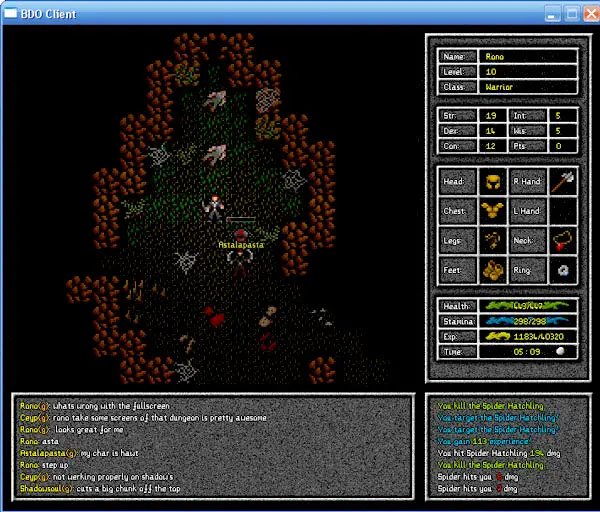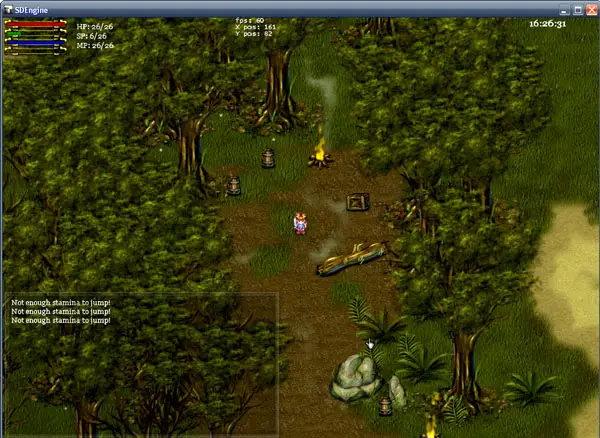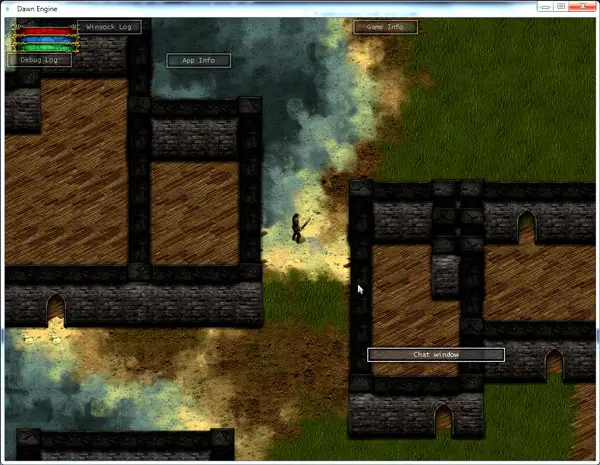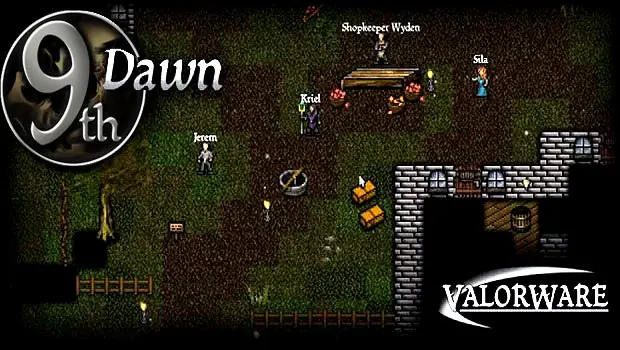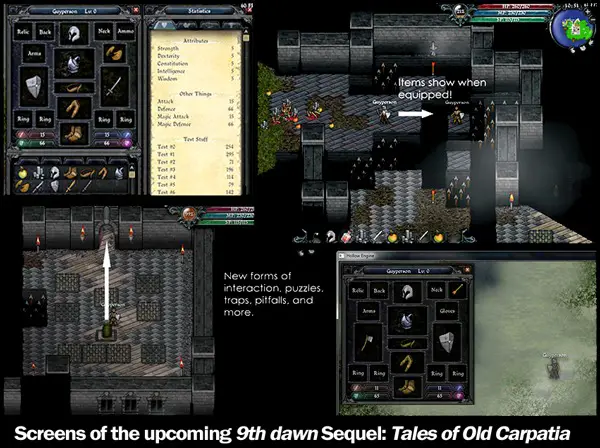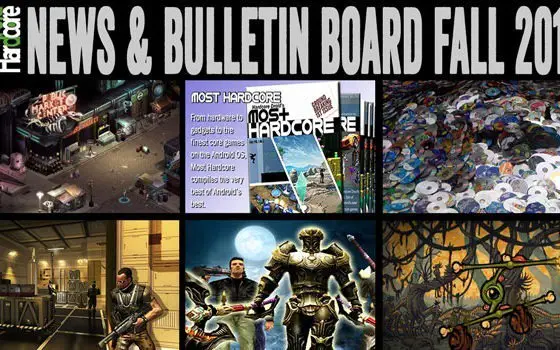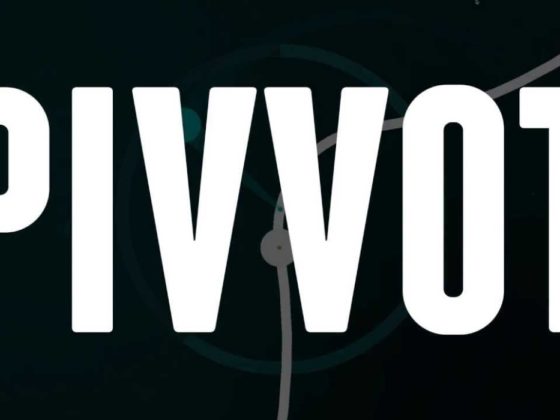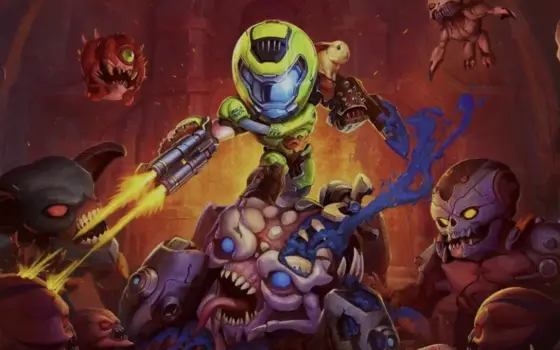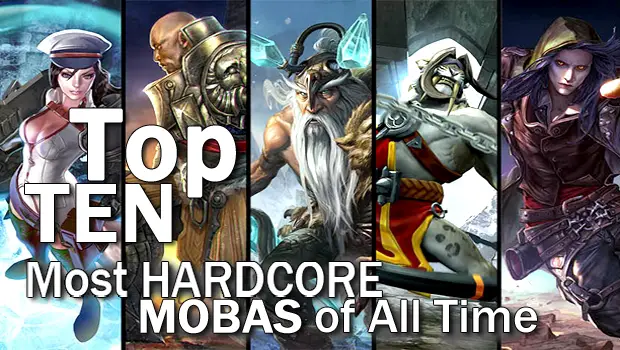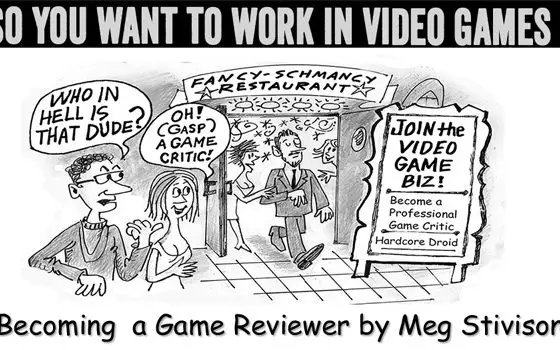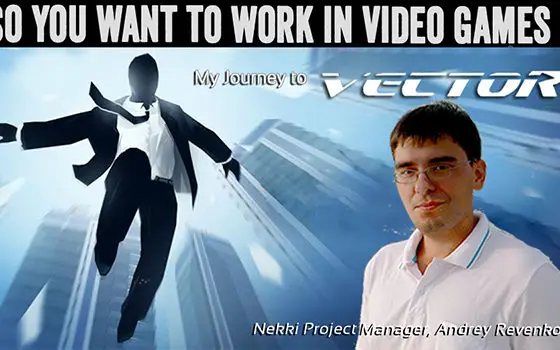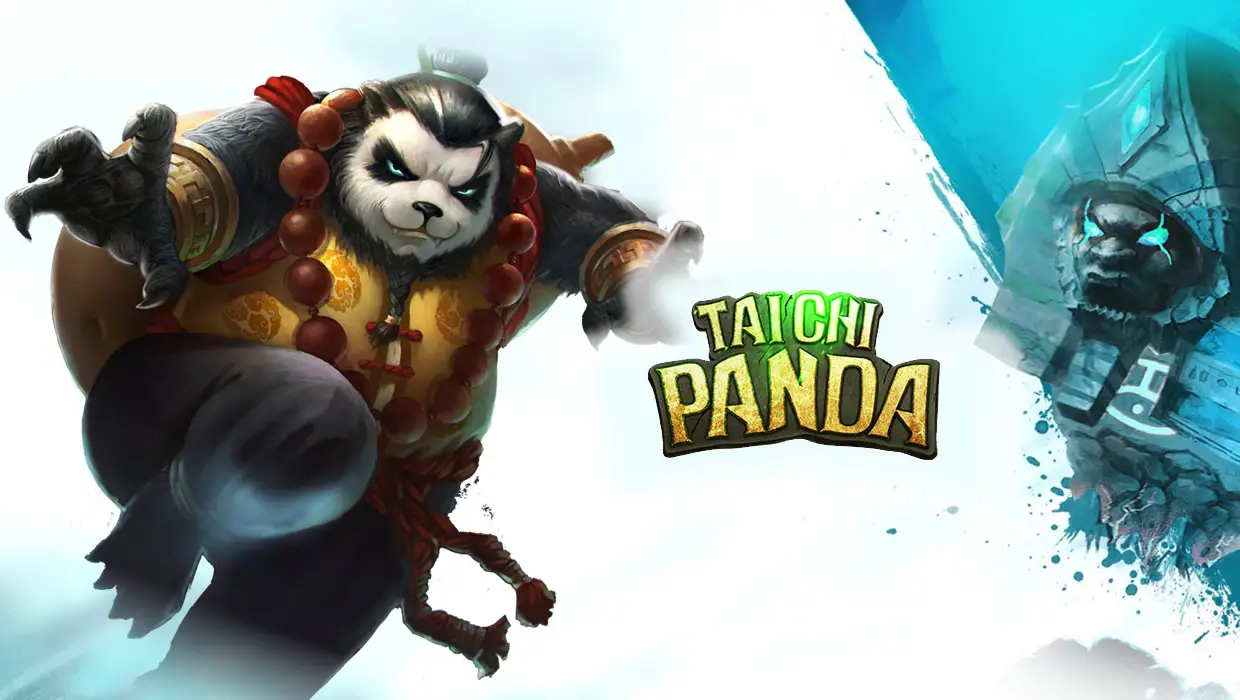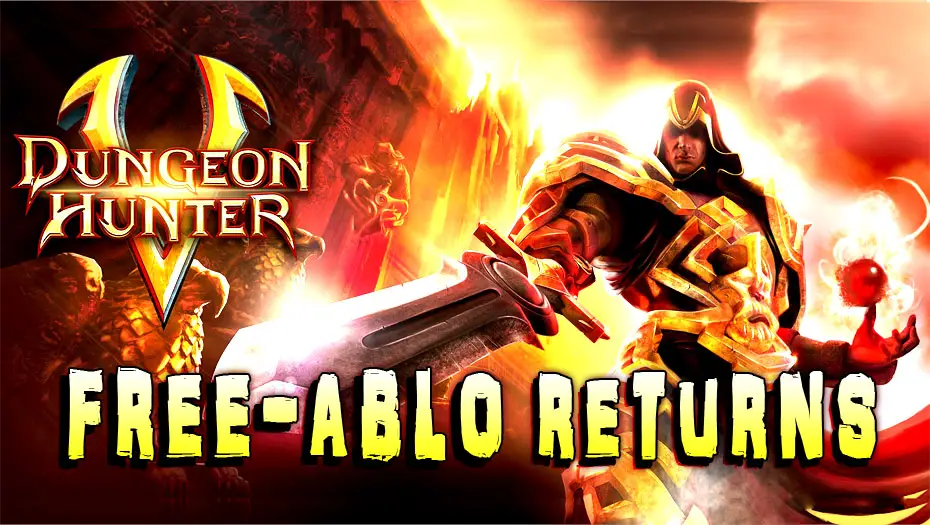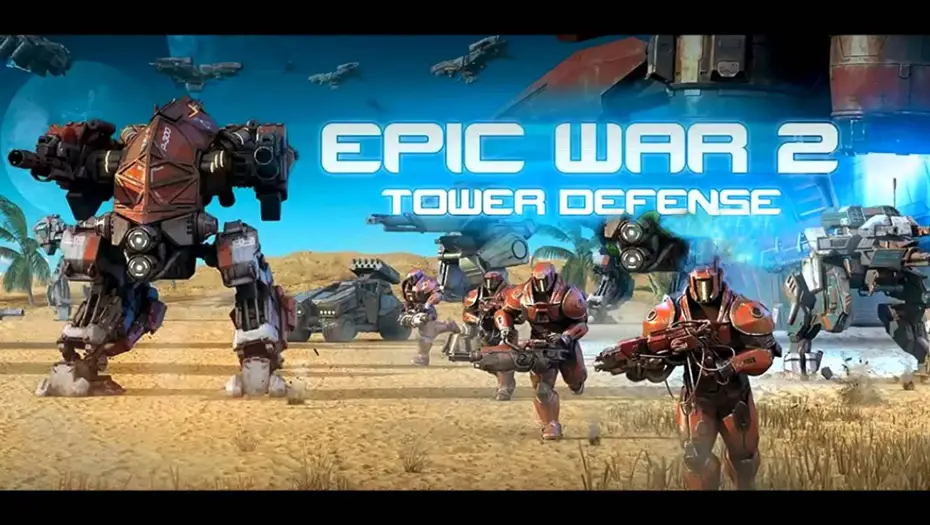In my perpetual search for games that exploit Android’s potential as an emerging platform for core gaming, I came upon 9th Dawn. At first I was kind of blown away by the homey feel of the hand-painted graphics, and that the same were based on the classic RPG treasure that is Richard Garriott’s Ultima Series. I thoroughly enjoyed the first few hours of play and then the main quest hit a wall. An indie game, I blamed it on the devs and moved on. A month later I put out an RPG best of list (we have about 97 different types of these at HD) and to my surprise, in the comments section below the article, a reader complained that I hadn’t put 9th Dawn on the list.
So I dug up the dev’s name and told him my issue with the quest in an email and, again to my surprise, received a friendly and detailed reply. As it turned out, without, hint, clue or prompting I was supposed to talk to an NPC quest-giver a number of times, despite the fact that it seemed like the damn conversation was over. So the main quest halts if the player forgoes this one conversation? I complained in my reply. Mildly wary and peeved, I jumped back in the game again, this time I rolled up a ranger. More surprise. Combat with the ranger character had a visceral kick to it and the story once I got past the place where I’d stumbled was rich and fun, the dialogue well-written, and the game was a bona fide open-world RPG, with bounds of hidden nooks and secret places to explore. And so we continued our conversations over email, this young developer and I.
His name is Charles Cross. He, along with his partner, Tom Ruki, are Valorware, developers of the old-school, mobile-RPG par excellence , 9th Dawn. Charles is 23 years old. He is a developer to watch.
Al Jackson
Editor-in-Chief
Hardcore Droid
 I first met my partner, Tom Ruki, about eleven years ago in an obscure, little known Ultima V-based MMO called Egg’s Ultima Online. I was 12 years old then, living in rural Indiana and had only my internet connection and online games to escape from the tedium of school and the squabble of family life. Tom was about 14, I believe, and living in Manchester, UK.
I first met my partner, Tom Ruki, about eleven years ago in an obscure, little known Ultima V-based MMO called Egg’s Ultima Online. I was 12 years old then, living in rural Indiana and had only my internet connection and online games to escape from the tedium of school and the squabble of family life. Tom was about 14, I believe, and living in Manchester, UK.
When we first met it was almost in the context of enemies. We met in a MMO after all. As it happens whenever we ran into each other in this game, we would go out of our way to try and see who could be the bigger nuisance to the other (spawn camping, stealing items, stealing hunting spots, etc). This silliness escalated over the course of a few months until eventually we became friends and banded together to make the rest of the playerbase the victims of our mischief, and we and the rest of the clan we formed quickly gained a reputation for being enormous nuisances (with perhaps me being the most annoying of them all). After some period of time, a conversation between the two of us revealed that we both had an interest in and passion for developing video games. I learned that he had been working on making a simple RPG in Visual Basic, while I had been learning to code in C++ with hopes of someday developing a real game. Up until that point, neither of us had really accomplished anything of note and my knowledge of C++ was still in its infant stages, but we decided that it would be pretty cool if we could make a better version of the game we met in. Though we hadn’t yet adopted the name, it was around this time that the partnership that would grow to become Valorware was formed. We set out to achieve our goal of making our first online game, and from those first efforts Black Dawn Online was born.
In the years that followed as we grew older (and more mature) and improved our skills, over and again we found ourselves trapped in a cycle of looking back on our old creations, trashing them, and starting over again from scratch. Each time we did, a newer and better game/engine emerged like a phoenix rising from the ashes of the old project. The first such occurrence produced Black Dawn Online 2:
This would happen again…
And again…
Each game reached varying levels of completion, with some even getting to the point where people were actually logging on, forming parties, and running around hunting for monsters and loot. From BDO5 and onward, we started working exclusively in C++ and ever since all of our engines/games have been completely homegrown. We’ve never really been a big fans of developing in pre-made engines like Unity. The level of control and understanding that you gain from writing the core framework for your game is, to us, both extremely rewarding and invaluable because it allows you to not be restricted by the limitations of someone else’s engine. Inevitably, though, we would always reach a point where we felt like the engine just wasn’t good enough, or the code was too messy, or the way we had written things was too inefficient or limited, prompting us to restart again from scratch.
In November of 2012, we finally arrived at the first game that we would ever actually finish: 9th Dawn. The emergence of mobile gaming provided us with the perfect market as it lowered the bar in terms of cost and publishing, allowing a small two man indie team like Valorware to develop and publish its first video game. We searched around through the existing games on the market and couldn’t find anything like what we had been working on in the past, so we decided to make and publish 9th Dawn as an experiment to see if there was any interest in the style of game we were accustomed to working on. Thanks to the existence of the Marmalade SDK (software development kit for the uninitiated), a cross-platform SDK that allows you to write applications in C++ and deploy them to several mobile platforms, we were able to put our existing experience and code to work in the mobile arena, a field that in the past had been primarily dominated by C# and Java.
To be completely honest, we weren’t very confident in the game at first and never expected it to get more than a couple of hundred downloads at most. We were completely shocked when we got well over 2,000 downloads in our first month alone on Google Play. That was when we realized the potential for small companies, even those who don’t want to subscribe to the traditional methods of development and publishing typical to the mobile market such as in app purchases (IAPs), advertisements, and other somewhat questionable practices.
We had resolved from the beginning that we were going into this as people who loved video games. What’s more, we wanted to make video games for people who loved video games rather than a company that wanted to dig whatever profit it could from its customers. While this may seem counterintuitive from a business perspective, not using these practices and not implementing any form of DRM has actually been one of the biggest contributing factors to 9th Dawn’s success (as far as we can judge from user reviews and the feedback that we get). We intend to keep things this way, and while we may add some cosmetic IAPs in our future releases so players can further support us if they so choose, we will continue to make our main priority our commitment to our players and creating an enjoyable gameplay experiences. Even if this means missing out on a few easy bucks.
In the months since we released the free expansion for 9th Dawn, we have been busy at work on several different fronts to grow our company. I have been handling a lot of the business aspects to prepare us for the massive amount of growth that we expect to experience in 2014. This includes incorporating our company, getting the appropriate licenses, hiring a CPA to handle our taxes, forming partnerships and relationships with other businesses and individuals in the industry and media (such as our dear Mr. Jackson here at Hardcore Droid), developing our plans for going forward, and seeking out investment/funding opportunities. Tom has been pounding away at our new game engine, which we’ll be using to both remake 9th Dawn and make its sequel, 9th Dawn: Remnants of Caspartia. The progress we’ve made since earlier this year has been substantial, and we are excited for what 2014 holds in store for us and our players. We hope that in our next installment, we will completely smash any expectations that people had based on what they saw from the original game.
As a side note, throughout the development of 9th Dawn and even now, Valorware has been a part-time passion for both Tom and I. After graduating in 2012 with a degree in Electrical Engineering, I went to work at NASA for some time as a software engineer on the SAGE III project. While I liked my job and the people I worked with, I didn’t feel like I was being challenged in the right ways. For this reason, I found another job, which was more suited to my interests and skills, as software engineer for a small research and development company called Prime Photonics, where I currently work. Tom graduated a few years before me with a degree in computer science but opened his own tattoo company with some close friends in Sheffield, UK called Tenacious Tattoo (though I’m not the sort of person to get a tattoo, I can easily recommend him as one of the best tattoo artists you’ll find over there). Between the two of us, Valorware has been a labor of love that we work in most of our spare hours outside of our full time jobs. However, we have finally put together a plan which, if everything goes according to plan, will allow us to put forth our full time and effort into growing Valorware and bringing our game development to the next level. With the support of our players in our upcoming Kickstarter campaign for 9th Dawn: Remnants of Caspartia , we are earnestly hoping to make the leap that every indie developer dreams of making to become full time game developers.
I’ll conclude this by leaving you with a list of what I think are the most important key points to being successful in today’s game industry:
- Put yourself in the shoes of the player when developing your game. If you wouldn’t enjoy it why would the player? If you view something as shady or questionable, how will your playerbase feel? Self-criticism is essential.
- That said, don’t ever let such criticism paralyze you. What you’ve created is often better than what you give yourself credit for. Don’t let your perception of your game hold you back from developing it. Let player feedback move you forward!
- “Plans are nothing. Planning is everything” – Be sure to plan ahead on all fronts for your company: business, game concepts, marketing, etc., but be fluid and open to change in the execution of those plans. This is a rapidly changing industry as such you need to possess the capacity to rapidly adapt to change.
- Utilize your strengths and don’t commit yourself to what others tell you is the right or wrong method of making your game, especially people who have never actually made one. If you are strong in C++, don’t let others convince you that “you’d be much better off just learning C# and making your game in Unity.” Let your experience guide your decisions.
- Start researching the business, law, and marketing side of things. This industry isn’t all about coding and developing games. Eventually you may want to get a CPA to help you with managing your taxes as well as making certain financial decisions once you start generating real income.
- Last but not least, a wise word cloud once revealed the secret of indie game development to me: “Just like make game.”And this is how I interpret said wise word cloud: Don’t give up. Pursue your passions. Commit to your values. And like the cloud said: make game. If you do these things, your time and effort will be rewarded. It may not be a big blockbuster, but once you have a game that you created yourself, you will be ahead of the curve when it comes to the lion’s share of folks who are trying to break into the gaming industry.
To all of those who have supported us or plan to in the future, we extend our sincerest appreciation to you for making our work possible. To those of you who share our passion for designing video games, whether you are just starting, making progress, or already working for an established studio, we’d like to remind you to never give up and to never lose sight of what it was that drove you to get into this field. If we all follow these two pieces of advice, the future of the game industry, for both players and developers, looks bright indeed.
*If you are an indie developer or games journalist interested in reading all of the articles from Part One of our So You Want to Work in Video Games Series as well as all of the upcoming articles in the series, plus exclusive interviews, reviews, our app and digital magazine, you should subscribe to Hardcore Droid.
Send an email to aljackson[AT]hardcoredroid[DOT]com, type “work in games” in the subject heading and I will send you a discount coupon worth 25% off our already rather inexpensive yearly subscription fee.
Check out a sample of our digital magazine here >>>
Check out the exclusive Magazine section of our site here >>>
